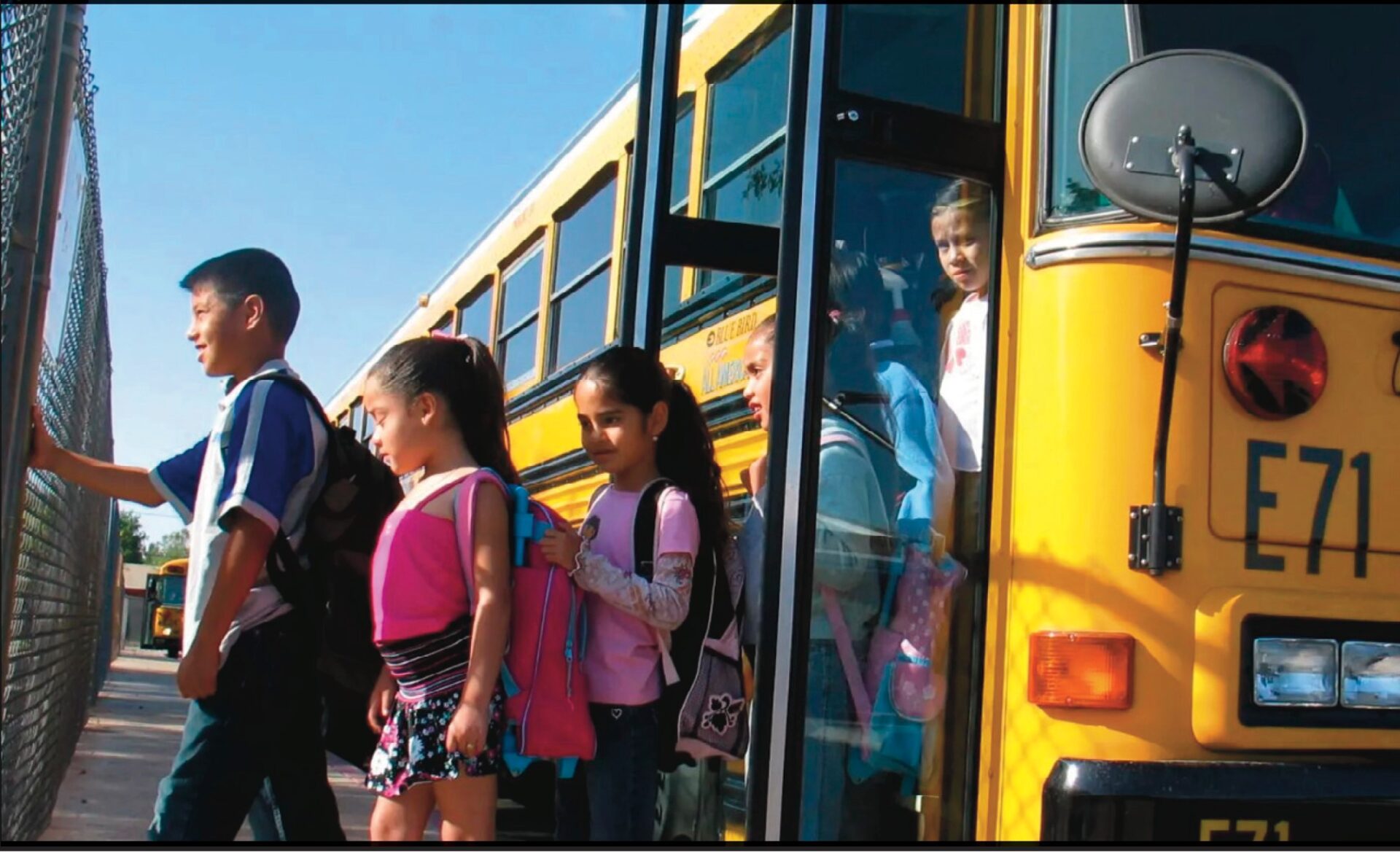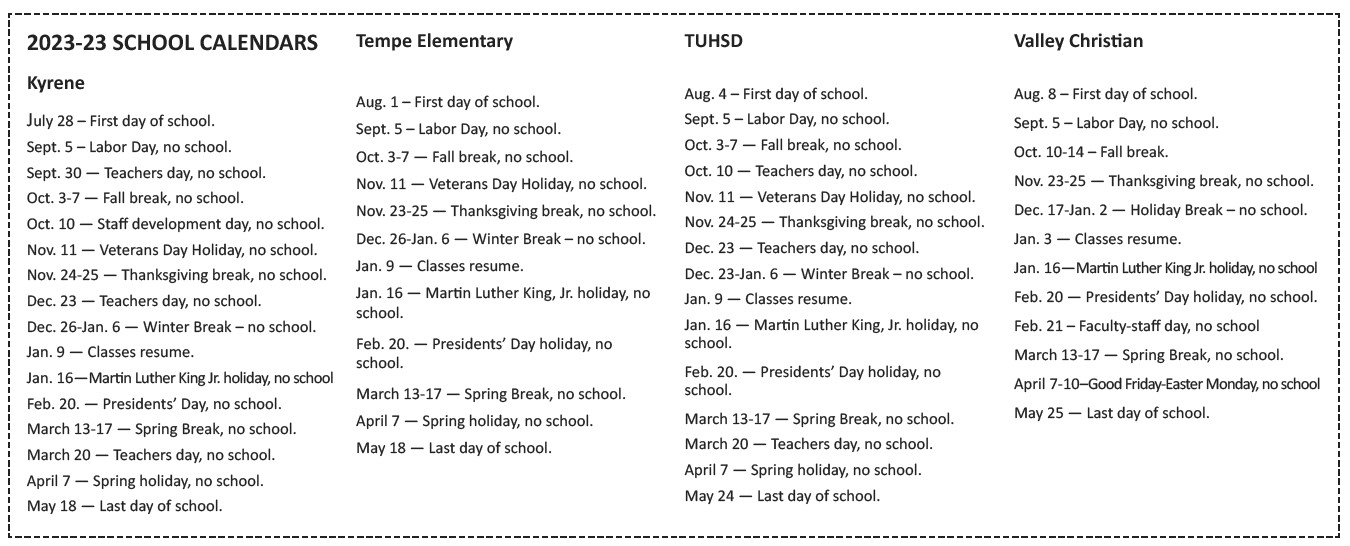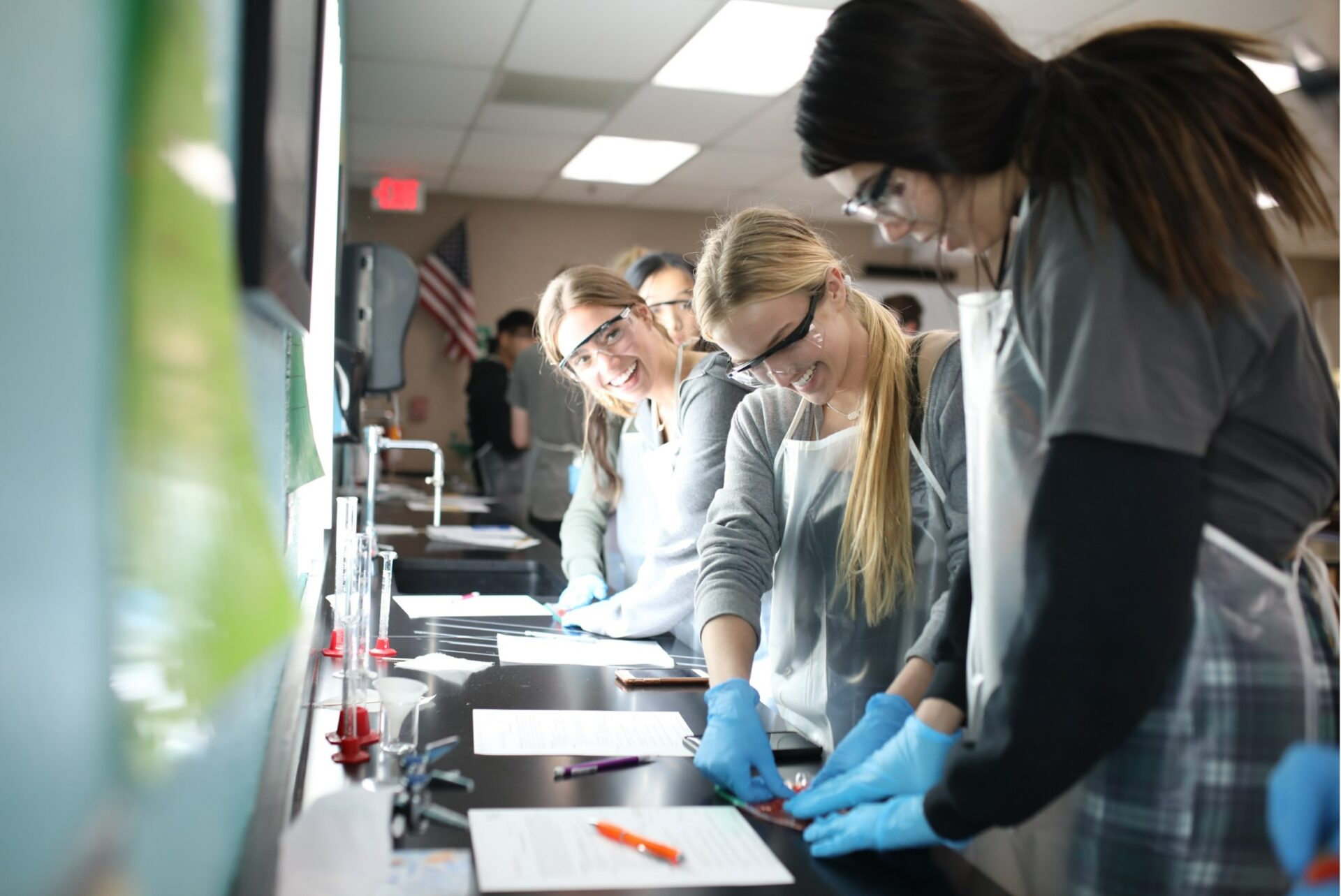

Four years ago, Arizona voters said no to a school-voucher proposal that would significantly expand the current one. Resoundingly. Overwhelmingly. By 2 to 1.
Yet, during the 2022 Legislative session, Arizona Republican lawmakers were not moved by that. They defiantly passed one of the most sweeping universal voucher bills in the country. Gov. Doug Ducey, a strong proponent of school choice, signed it quickly on July 7 and tweeted, “The biggest school choice victory in U.S. history.”
Opponents of the sweeping new law hope to put it back in the hands of the voters, who crushed a similar measure in 2018. Save Our Schools Arizona has launched a referendum campaign. If it collects more than 118,000 signatures by Sept. 24, voucher expansion would not become effective unless voters approve it in 2024.
If the law stands, parents would have free-reign to apply voucher money to their children’s education as they see fit, with no accountability. Those Arizona families that choose not to send their kids to public school would have the option to receive a voucher — an Empowerment Scholarship Account — worth just less than $7,000 a year, for each child, to apply toward any means they select, including home schooling.
The intention of Arizona’s existing voucher program is to give families mired in underperforming school districts and who lack the means to send their kids to a higher-performing private school the ability to do that. In theory, it could become a way to break cycles of poverty in families through better education.
In reality, the current law falls short. Many families still can’t afford private schools. Instead, vouchers are being used by affluent families, who already can afford private education, in turn diverting resources from district public schools.
Representatives of public-school districts in South Tempe and West Chandler – Tempe Union High, Tempe Elementary and Kyrene – still are digesting potential impacts the new voucher law.
“We’ve had conversations about what does this look like, but I think that at this point it’s too early for us to tell what impact it might have,” said Mike Minghine, assistant superintendent of administrative services at Tempe Elementary. “We would look at enrollment. Does it increase or decrease? Then we come back to the table and look at factors that impacted us and have conversations around that.”
Sean McDonald, assistant superintendent operations at Tempe Union High School District, echoed that.
“We just don’t know what that looks like yet,” McDonald said of the new voucher law. “Our focus is to provide quality programming for our kids in education. If we do that, there’s no reason to go anywhere else.
 “We focus on what we can internally, which is what’s best for kids: quality programming, quality athletics and activities, a clean, safe environment for those coming to us. Give them that and they won’t want to leave.”
“We focus on what we can internally, which is what’s best for kids: quality programming, quality athletics and activities, a clean, safe environment for those coming to us. Give them that and they won’t want to leave.”
The principal at Valley Christian High School, a private religious institution in West Chandler, favors measures that are pro school choice. Private schools like Valley Christian could, potentially, see a boon from the voucher law.
“We are 100 percent supportive of school-choice options, whatever those look like,” said Josh LeSage, principal at Valley Christian High. “We just believe at Valley Christian that someone’s bank account should not determine their destiny, so we are ardent supporters of school choice.
“We also understand that not everybody feels that way, and we respect that, but we are unapologetically supportive of school-choice options.”

A statement released by the Goldwater Institute argues the program will not hurt public schools because an ESA costs considerably less than the roughly $11,000 in taxpayer-financed state funding per student in public schools.
“The ESA program simply ensures that each student’s funding follows the student, just like it already does each time a student leaves a public school for a different public school using the state’s open-enrollment option,” the Goldwater Institute said in a statement.
Nearly 12,000 students are enrolled in the current voucher program. Under the new law, all 1.1 million Arizona students could use it. Considering just the 35,000 students now in private schools and home-schooling, if they all used it, it would set the state back about $200 million a year.
Legislators attempted to mitigate opposition to the voucher bill by adding more than $1 billion to public schools in 2023 plus an ongoing $526 million.
Democratic state Senator Christine Marsh is among those still uncomfortable with the lack of financial transparency and lack of educational transparency in the new voucher law.
“I’d like to know how many families that earn maybe a million dollars a year are getting voucher money versus how many families earning maybe $30,000 or $40,000 a year are getting voucher money,” Marsh told Channel 12 New.

